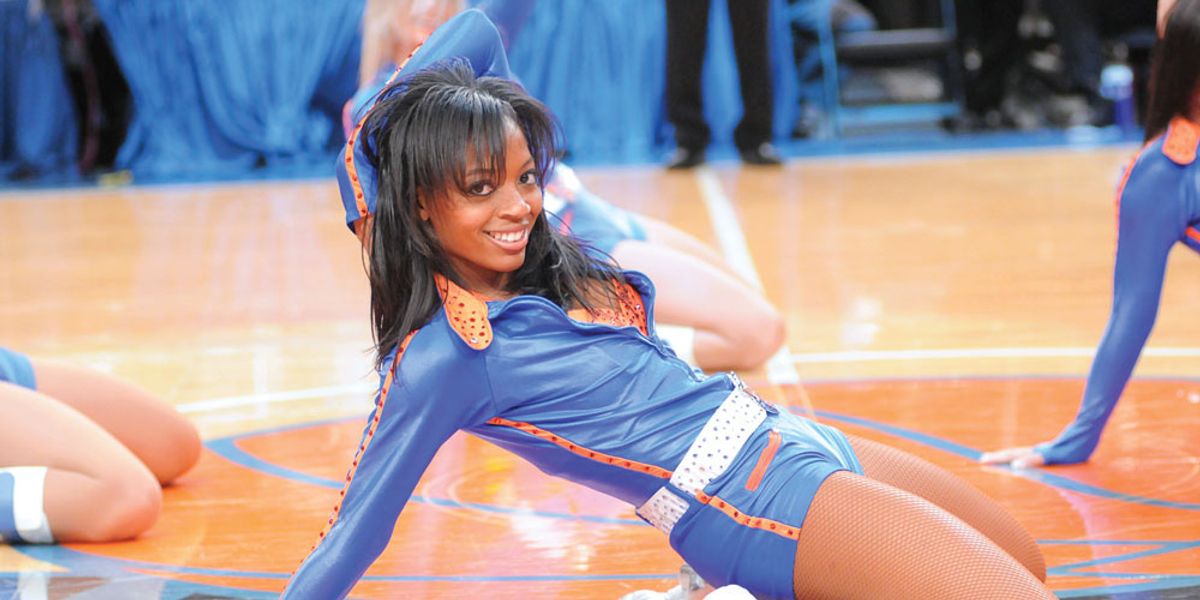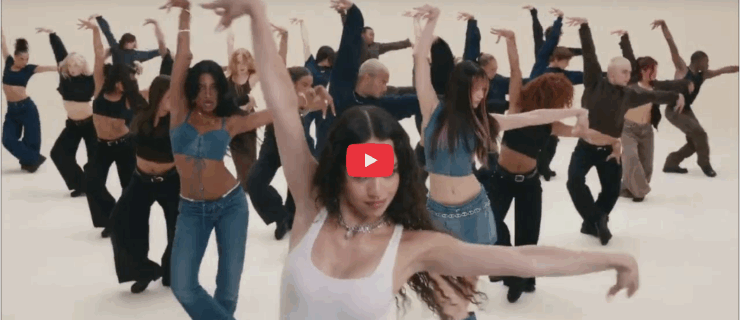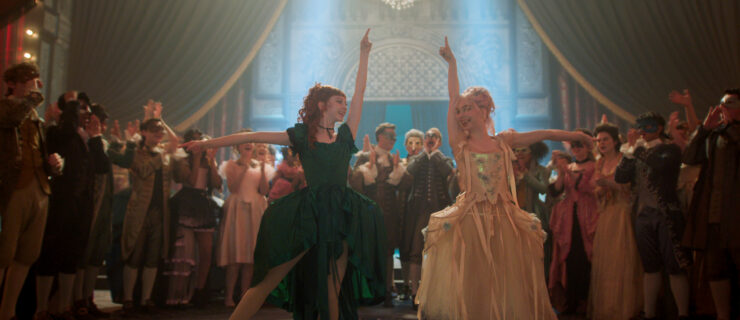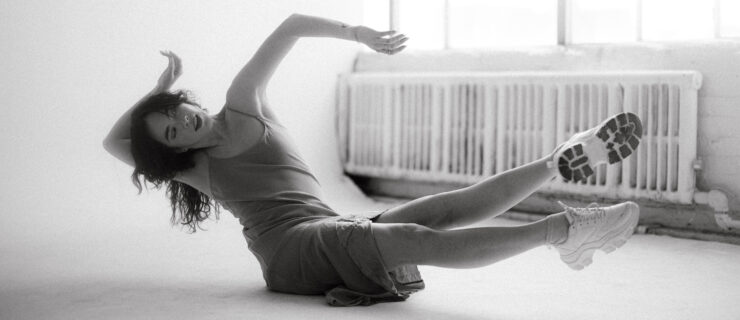How This Dancer Turned Her Problem Into a Business
The groundwork for Erin Carpenter’s company, Nude Barre, began when she was a teenager. At 16, she earned a spot in the residency program at The Kennedy Center in partnership with Dance Theatre of Harlem. “We were required to wear nude—as in, our actual skin tone—tights and shoes,” she remembers. Carpenter brought her “sun tan” tights and a pair of pink ballet shoes with her, because that was all she could find. But she wasn’t allowed in class because her dancewear didn’t match her skin. “I was so embarrassed,” she says. “I looked unprepared. I just didn’t have the right nudes.” Her teacher explained that the dancers dyed their tights and pancaked their shoes.
Every week for the rest of Carpenter’s dance career, she spent hours dyeing her tights and pancaking her shoes with foundation makeup. “I was getting really tired of it,” she says. “There were a lot of moments where I was either embarrassed or uncomfortable. Your undergarments are your foundation, and as a performer you want to feel confident in them.” So, she decided to found Nude Barre, a company offering tights in an expanded range of nude shades.
 Erin Carpenter as a Knicks City Dancer (photo by David Saffran, courtesy Erin Carpenter)
Erin Carpenter as a Knicks City Dancer (photo by David Saffran, courtesy Erin Carpenter)
Budding Ballerina
Carpenter always knew she wanted to be a performer. She attended several schools before enrolling at performing arts school Suitland High School, in Maryland. After graduating, she attended Marymount Manhattan College in NYC, where she majored in ballet and minored in business management. “I knew I wanted to own a company one day,” she says. “I’ve always had an entrepreneurial spirit. I just didn’t yet know what that company was.” She graduated with several offers from companies outside of NYC, but wanted to stay in the city, so she signed with an agent instead. Shortly after, she became a Knicks City Dancer for the NBA and enjoyed a successful career in commercial dance, including features in national ads for companies like American Airlines.
 Carpenter, the founder of Nude Barre (photo by K. Kess, courtesy of Erin Carpenter)
Carpenter, the founder of Nude Barre (photo by K. Kess, courtesy of Erin Carpenter)
A New Hue
By 2009, Carpenter had grown sick and tired of wasting her time pancaking and dyeing her dancewear, and decided she was going to try to create nude tights in shades that actually represent the skin tones of all dancers. She got pointers from a friend in the sock business about manufacturers, and produced the first samples for Nude Barre that same year. “I think I cried over those first samples,” she says. “They were so bad. I wasn’t sure I could do it.” Each batch of samples got better, though, and by 2010 Carpenter had something she could work with.
For Nude Barre’s prospective shades, Carpenter looked to the diversity in the ranks of the Knicks City Dancers. “I started by looking at what shades of foundation the dancers were wearing,” she says. She also surveyed tons of women. Ultimately, she settled on 12 colors, ranging from the light Lycheetini and Peach Melody to the deeper Bohemian Princess and Mocha. Carpenter currently wears Tapioca Cream as her main shade, and Cocoa when she’s tan.
A Cult Following
The first shipment of Nude Barre went out in early 2011. After talk-show host Wendy Williams became a fan, other celebrities, including Tyra Banks, Laverne Cox and the members of pop group Fifth Harmony quickly followed. These days Nude Barre tights are worn by ballet dancers (Erin Chong of BalletNext and Tracy Jones of Colorado Ballet love them, and Nude Barre is an official sponsor of The Black Iris Project), Broadway performers, dancers for Beyoncé and the Knicks City Dancers. The company has also expanded to offer fishnets, sports bras, bralettes and underwear, as well as plus sizes and children’s sizes.
For Carpenter, Nude Barre is all about empowering women and young girls to love the color of their skin. “When nude is viewed as one color, and you’re not that color, you wonder if your skin tone isn’t attractive,” she says. “We want women and girls to know they’re beautiful, and that their skin color is important and represented on the market.”
A version of this story appeared in the July/August 2017 issue of
Dance Spirit with the title “Perfect Match.”




